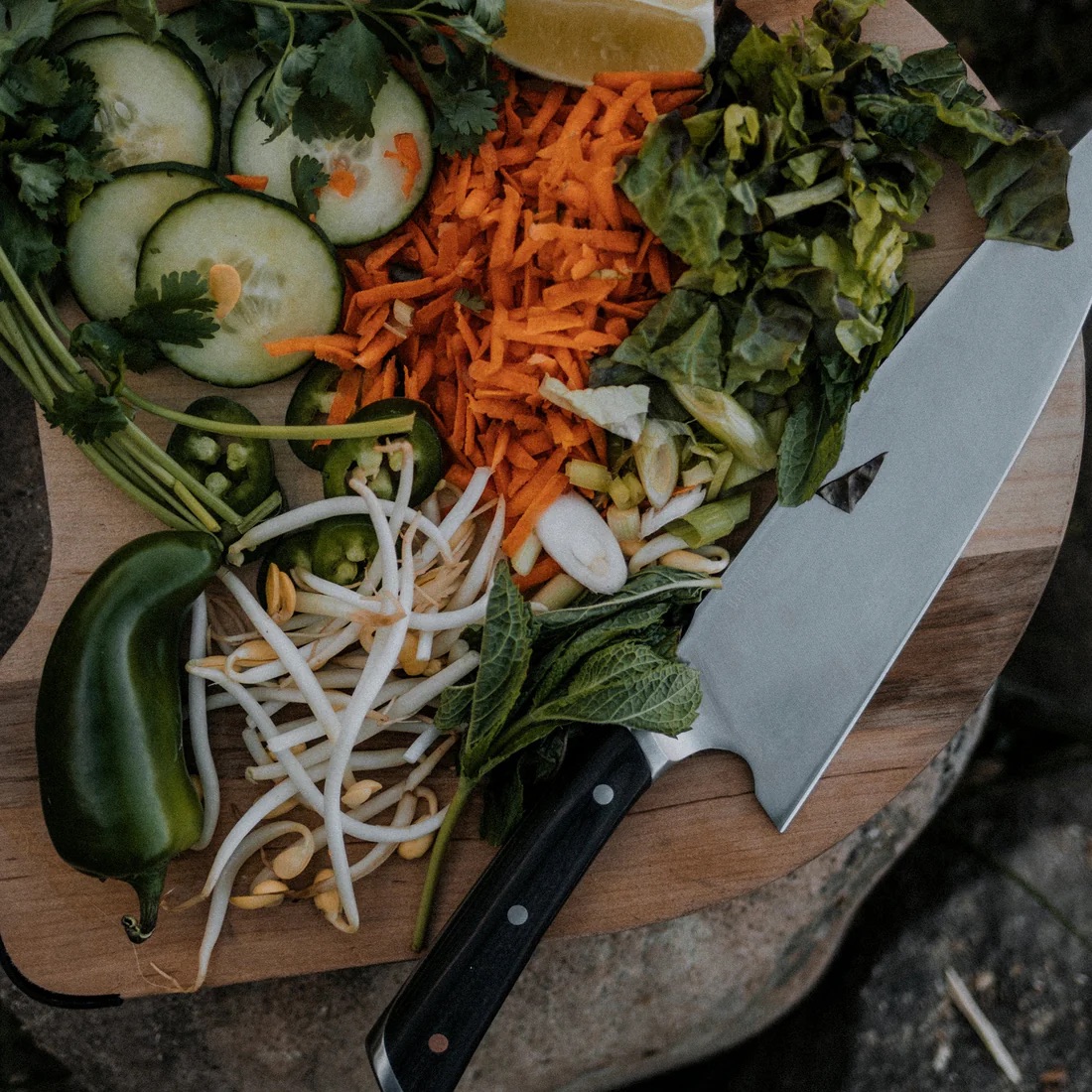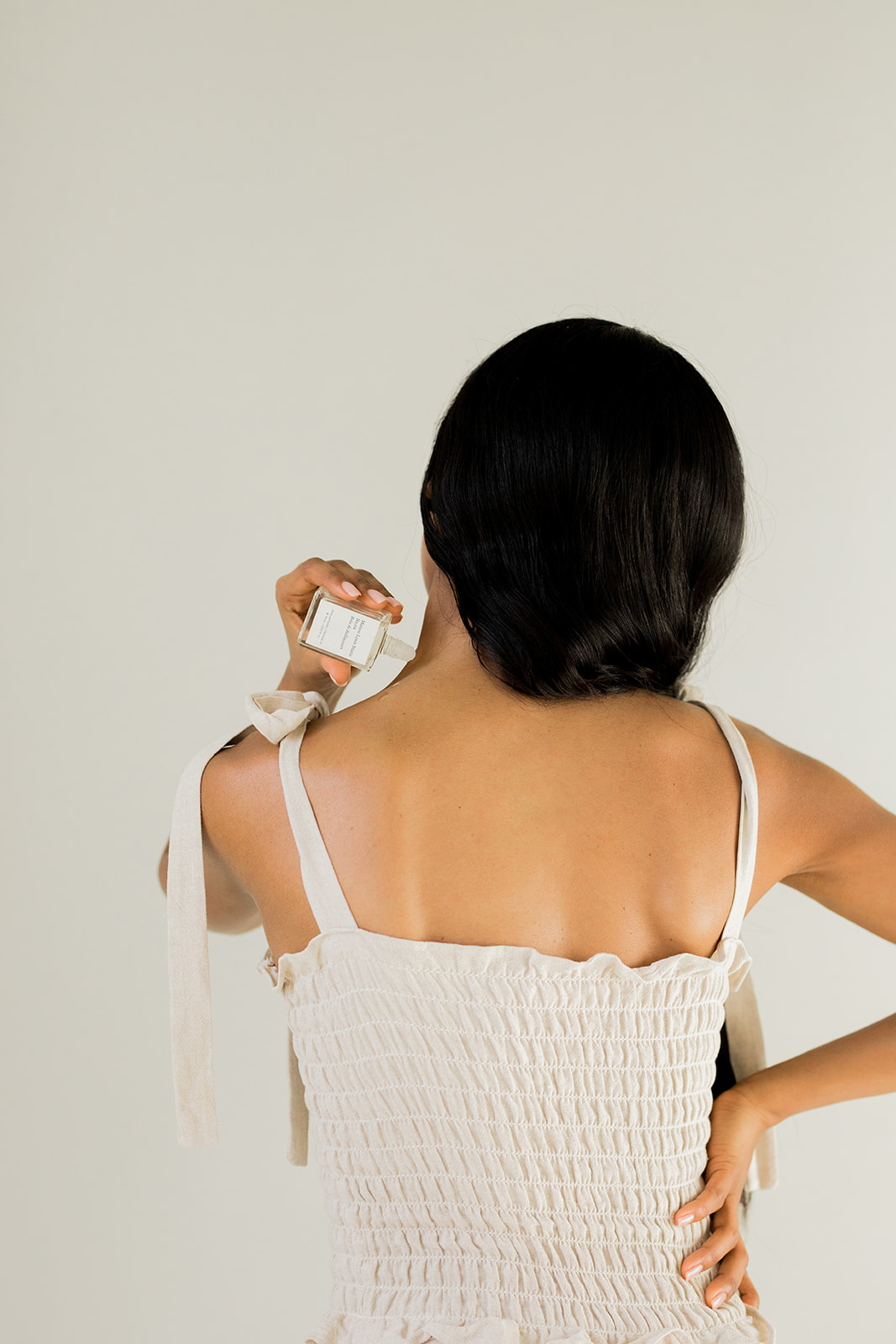At this point, you probably know all about the health benefits of probiotics. Naturally occurring in fermented foods like yogurt, sauerkraut, miso, pickles, and sourdough bread, probiotics refer to the many live bacteria and yeasts that live in our body and help keep us healthy — especially our gut microbiome. Prebiotics are high-fiber compounds that feed these bacteria and keep the microflora happy.
If you’re a parent, you may have even heard about pre- and probiotics for kids. The human body contains roughly 38 trillion bacteria. Wild, I know, but these microorganisms make up the ecology of our body, helping us digest food and protect against infection. Much of this ecosystem is already in place in infancy — so we’ve done some digging on kids’ pro- and prebiotics, what the science says about how effective they really are, and some of the top brands on the market.
What do prebiotics and probiotics do for kids?
So, do you really need probiotic or prebiotic supplements for kids? In general, a healthy child with no GI issues probably doesn’t need a pre- or probiotic, especially if they’re eating a balanced diet with probiotic foods. (Good thing most kids love yogurt!)
But if your child struggles with any GI problems like constipation, IBS, or diarrhea, some doctors say that probiotics can help. Make sure you talk to your pediatrician when addressing any health concerns first especially if your child is taking any other medications or has a compromised immune system.
Research on kids’ probiotics is mixed, but promising — while some studies indicate they might be passed through the digestive tract with little absorption, others show they could be helpful for not only improving digestive issues but also reducing side effects from antibiotics, improving the immune system, and protecting against asthma and allergies.
By the way, prebiotics refers to certain fibers that help healthy bacteria grow, which is why they get along great with probiotics. Common prebiotic sources include garlic, onions, bananas, asparagus, and apples. It’s even found in breast milk and formula, too.
Our criteria:
Our team has tested and researched the top kids’ multivitamins and read thousands of customer reviews to find clean prebiotics and probiotics that support digestion and immune health, and are easy to take for the little ones in your life.
- CLEAN INGREDIENTS | We prioritized brands that use few or no artificial ingredients — so most of the supplements on this list have no artificial dyes, preservatives, or flavorings.
- DIGESTION SUPPORT | The most important reason folks buy probiotics is digestion support. We parsed through reviews to make sure the prebiotics and probiotics featured below have all been shown to help kids’ digestion.
- TASTE & EASY TO SWALLOW | Most kids are picky eaters, so every supplement on the list is kid-friendly — they’re all either a tasty gummy or chewable, or a flavorless powder you can mix into anything.
Read on for our top picks for prebiotics and probiotics for kids. While you’re at it, check out our kids multivitamin guide, too.
1. Hiya
Best For | Most live active cultures
Features | No sugar, 10 billion live cultures, prebiotics
Price | $30/30-day supply
Hiya specializes in children’s supplements free of added sugars and dyes, and their kids probiotic is one of the top options in the market. Started by new dads who wanted to make a new kind of kids vitamin that wasn’t full of added sugars, Hiya started in the daily vitamin space before launching their probiotic. Their gluten free, dairy free, and vegan probiotic has 10 billion live cultures (wow!), along with prebiotic fibers, too, for optimal absorption. Its probiotic strains include Lactobacillus rhamnosus, Lactobacillus paracasei, and Bacillus lactis, and they even come in a reusable glass container with cute stickers to decorate.
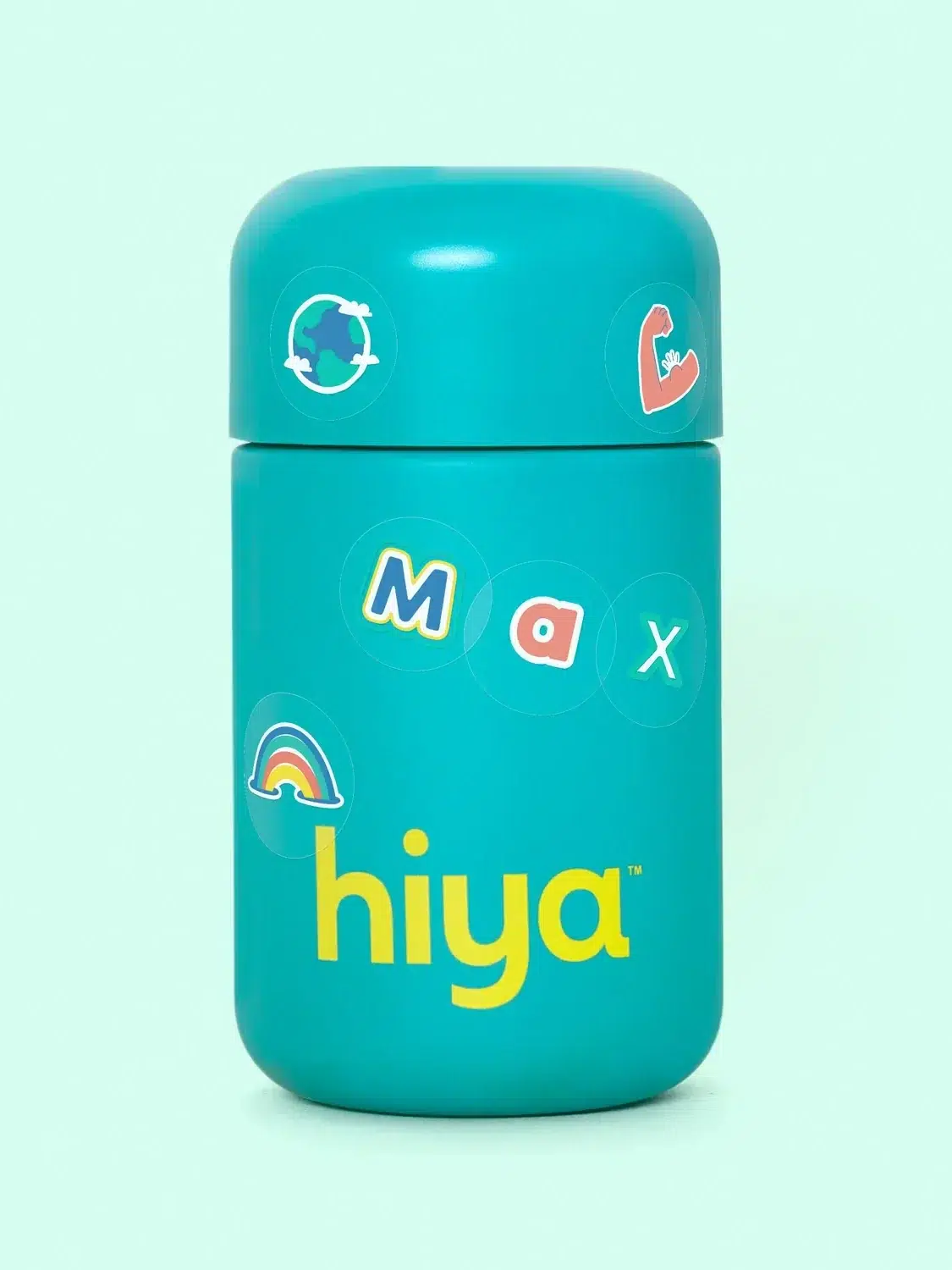
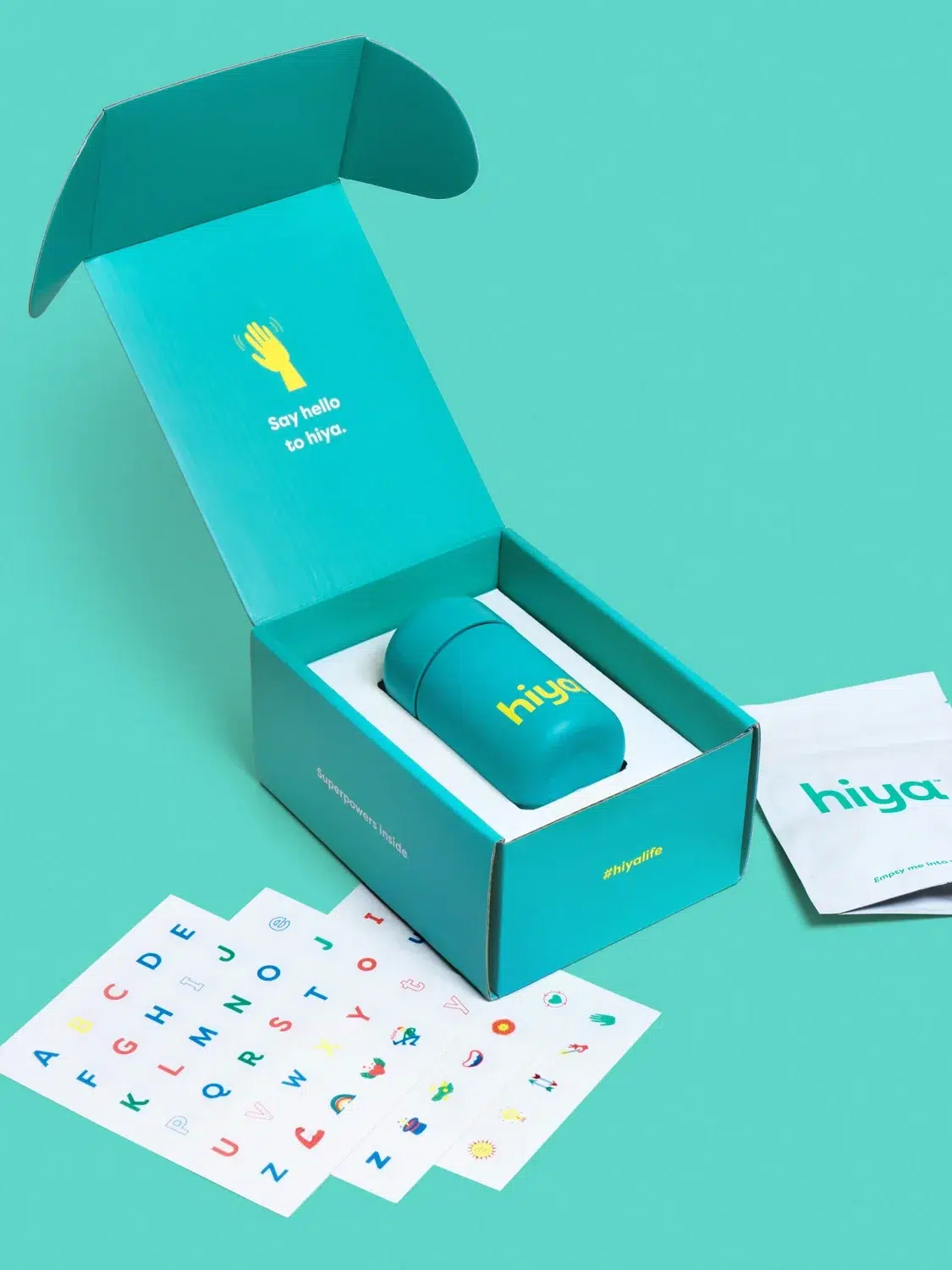
2. Begin Health
Features | Powder form, prebiotics, human milk oligosaccharides (HMOs)
Price | $33/28-day supply
Begin Health’s “Daily Growing Up Prebiotics” helps toddlers and kids ages 1 year and up have easier, more regular potty times. The prebiotic packets are textureless and flavorless, mixing easily into water, juice, or yogurt to make nutrition convenient even for the pickiest eater. This kid’s formula is made with only two ingredients: Chicory root fiber and HMOs, a prebiotic that’s identical to the leading one found in human breast milk (!) to provide 3 grams of gut and immune-boosting fiber per serving. It’s even recommended by pediatricians, and right now, you can snag 25% off your first purchase with the code “GOODTRADE25.”
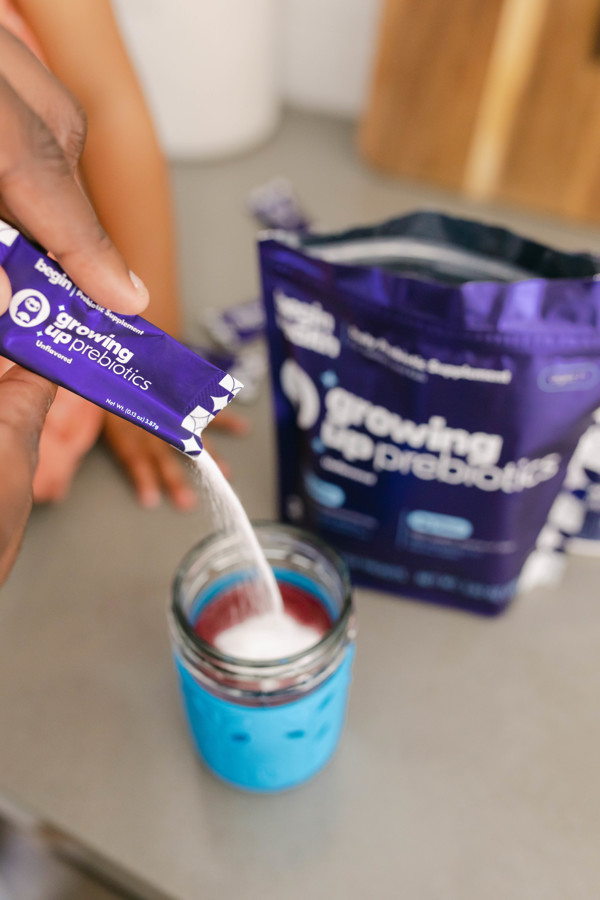
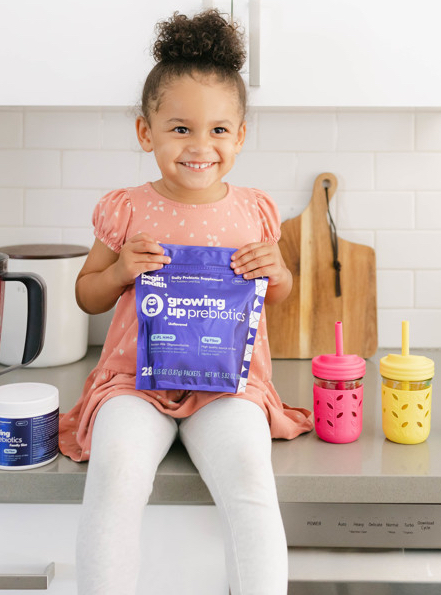
3. Culturelle
Features | No sugar, no dyes
Price | $21/30-day supply
The number one pediatrician-recommended probiotic brand, Culturelle makes all sorts of adult probiotics, too, so they’re experts in this. They carry two kinds of kids chewable probiotics — one is just a probiotic and goes for $21, while the other has probiotics along with other immune-boosting nutrients like vitamins C and D, plus zinc and elderberry, and goes for $24. Both supplements contain 5 billion colony-forming units (CFUs) of Lactobacillus rhamnosus GG, the most clinically studied probiotic strain, and they’re both free of sugar, dairy, eggs, peanuts, and dyes.
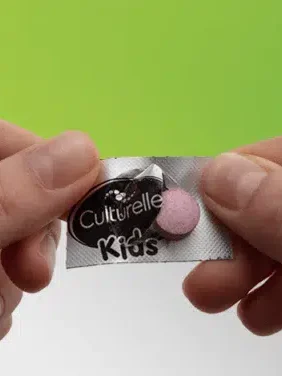
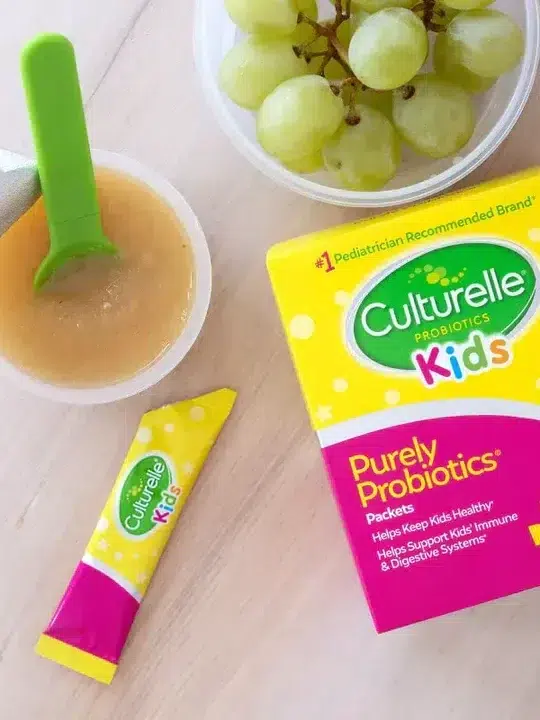
4. Florastor Kids
Features | Powder, no dyes, suitable for lactose intolerance
Price | $20/20-day supply
Another mixable powder, Florastor’s probiotic supplement for kids contains the strain Saccharomyces boulardii CNCM I-745 which they say is designed to both boost the gut’s good bacteria while flushing out the bad bacteria. The flavorless, easy-to-use powder can be mixed into any drink (as long as it’s not carbonated or very hot — over 122 degrees) or soft food like applesauce or yogurt. The packets of powder have no added dyes or preservatives, and you can find them at so many different retailers near you — Target, Walmart, CVS, Amazon, Walgreens, and Costco are just a few.
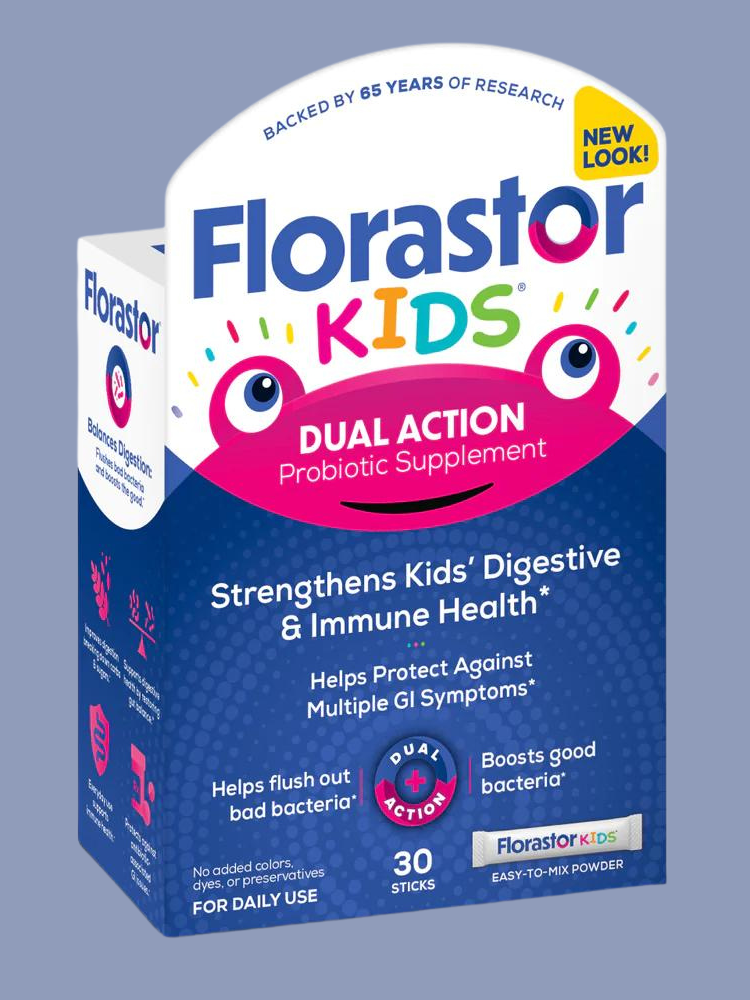
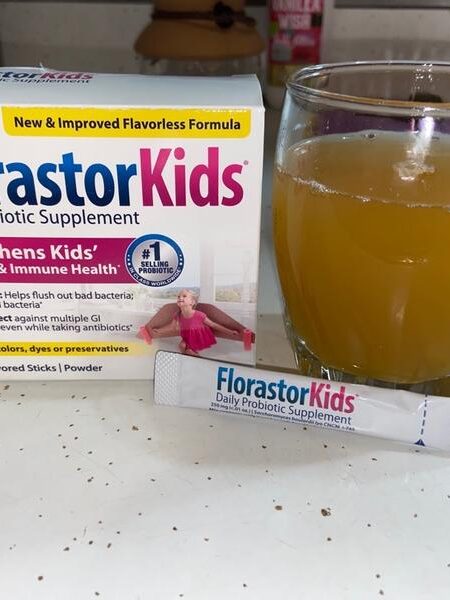
5. MaryRuth Organics
Features | Kid-formulated, pectin based
Price | $30/60-day supply
Designed for kids ages two and older, MaryRuth Organic’s kids probiotic gummies are made with 2.5 billion CFUs of the Bacillus subtilis strain, and pectin instead of gelatin so they’re vegan. The strawberry-flavored gummies are perfect for picky eaters, and are designed to support both gut and digestive health and immune function. They’re cost-effective, too — one bottle has a 60-day supply, so they only come out to $.50 per serving. Founded by nutritional consultant and culinary chef MaryRuth Ghiyam in 2013, the brand has some great certifications, too. They’re B Corp, non-GMO, and USDA Organic certified, and they carry over a hundred different types of vitamins and supplements.
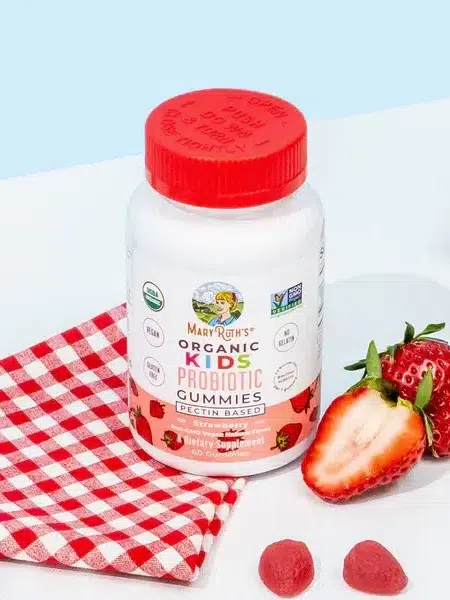
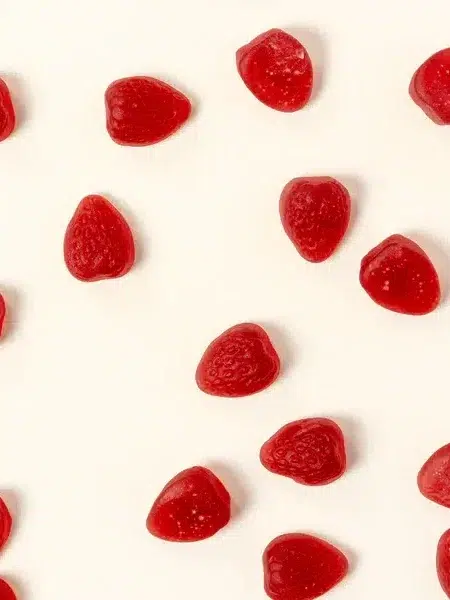
6. Nordic Naturals
Features | No dye, prebiotics
Price | $20/60-day supply
Another 60-day supply for around $20, the Nordic Naturals gummies kids’ probiotics contain 1.5 billion CFUs of probiotics (the Bacillus coagulans strain, to be precise), along with prebiotic fiber. Designed for ages three and older, the gummies have a berry punch flavor that’s great for picky eaters. Note that the serving size is one gummy for three-year-olds, and two gummies for kids four and older. They’re certified vegan and have no artificial dyes or preservatives, and they even ship for free.
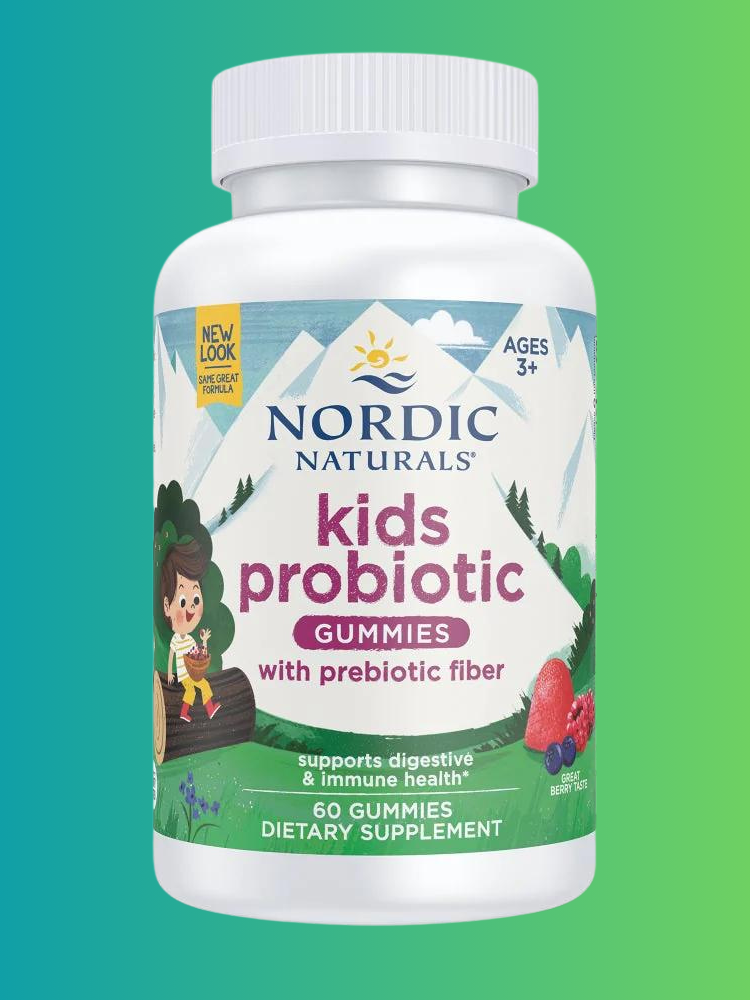
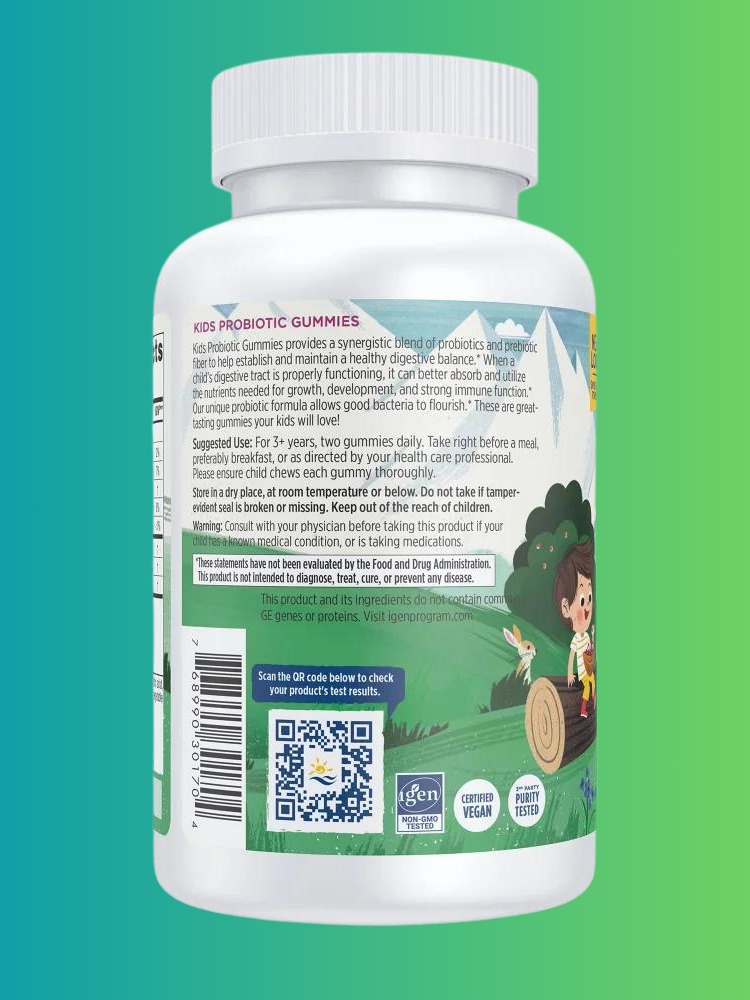
7. Wink Well
Features | Sugar-free, prebiotics, pectin-based, adult-friendly
Price | $35/30-day supply
These supplements from Wink Well have a quick-melt texture that dissolves almost instantly, and they contain both prebiotics and probiotics — 2 billion CFUs of two different types of probiotics, Bifidobacterium Breve and Lactobacillus Plantarum, to promote both digestive and immune health. The supplement’s prebiotics, in the form of apple pectin, help with bowel movements and the efficacy of the probiotics, too. They can even be used by adults — adults can take up to two melts daily, while kids between 4 and 12 can take one daily and kids under 4 can take half of a melt.
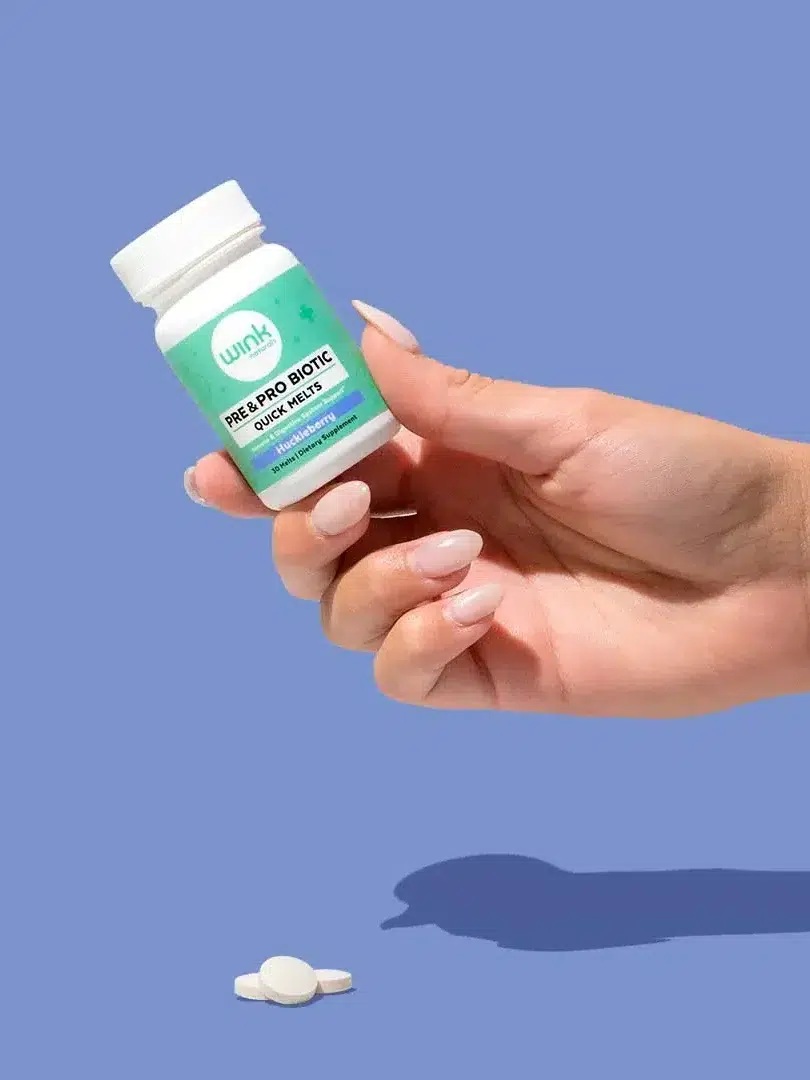
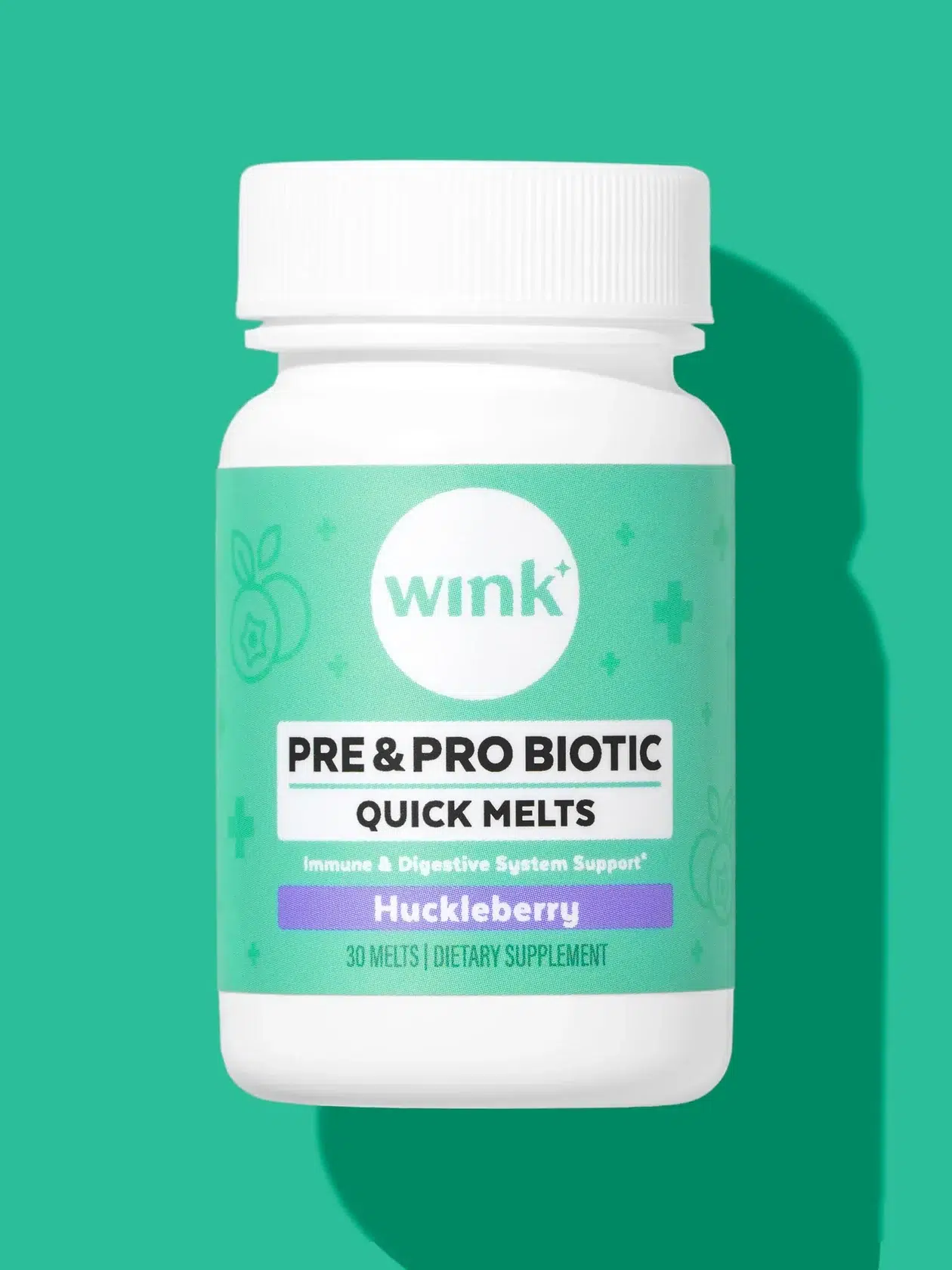
Featured image is from Begin Health

